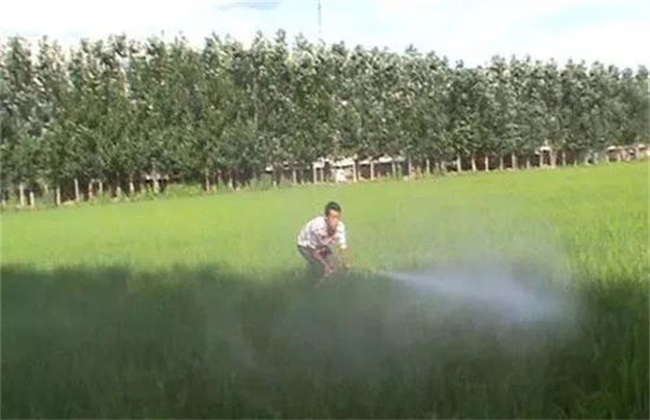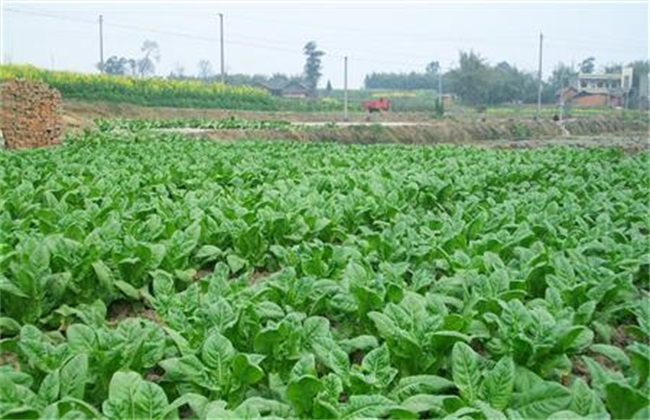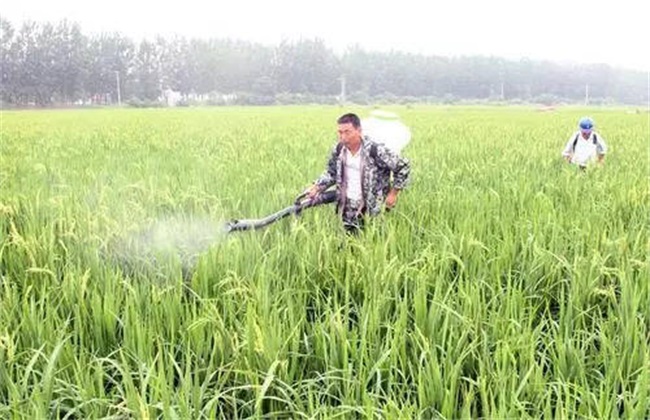How to use pesticides in rainy season
Pesticide can be said to be an indispensable item in China's cultivation. Whether used to control pests or to regulate crop growth, pesticides are more or less required. However, when we use pesticides, we basically stop using them in rainy season, because the liquid is easy to be washed away and lose its effect. But if pesticides have to be used on rainy days, how should they be used? Let's take a look at it together with Xiaobian below!

1. Selection of systemic pesticides
There are many kinds of pesticides, among which the systemic pesticides can enter the crops in the roots and leaves of the crops. Then it is input to other parts of the crop through the transmission system in the crop, which can play a role in a period of time. Among them, the common systemic insecticides are furan dan, omethoate and so on. Fungicides include carbendazim, triadimefon, etc. This kind of pesticide can be absorbed by crops about 80% of the active ingredients after about five hours after application, and will not be washed by rain to reduce the efficacy.
2. Selection of quick-acting pesticides
When using pesticides in rainy season, we should also choose quick-acting pesticides. Among them, dichlorvos, dichlorvos and other pesticides that are common in our lives are one of the quick-acting pesticides. Quick-acting pesticides, as their name suggests, have a fast response time. After being applied, this pesticide can play a very strong contact or fumigation effect. Generally, it can kill pests about two hours after application. Therefore, it can also effectively reduce the probability of reducing the efficacy due to rain washing, and improve the control effect.
3. Select rain-resistant pesticides
As I just said, there are many varieties of pesticides, among which there are some pesticides with rain resistance. For example, Jinggangmycin and Miebing Wei, etc., all have better rain resistance. If there is a moderate shower between two and five hours after application, it will not be affected much. Or we can also add a proper amount of adhesive to pesticides to improve the adhesion of pesticides to crop germs, so as to ensure that they will not be washed away in light rain after application, thus improving the control effect of pesticides in rainy season.
4. Other measures
During the rainy season, we should pay attention to changing the application method of pesticides appropriately. For example, when applying systemic pesticides, they should be mixed into fine soil before pests occur and then applied to the soil near the crops. allowing the plant to absorb the pesticide, thereby causing the pest to absorb it and die. This method is one of the comparison methods used during the rainy season. At the same time, we should also choose the application time reasonably according to the activity law of pests, for example, for some nocturnal pests, we should apply it in the evening, and sunrise pests should use it in the morning.
The above is a brief introduction to how to use pesticides in rainy season. Today's introduction is here, this article is for reference only, I hope to help everyone oh!
Related
- Fuxing push coffee new agricultural production and marketing class: lack of small-scale processing plants
- Jujube rice field leisure farm deep ploughing Yilan for five years to create a space for organic food and play
- Nongyu Farm-A trial of organic papaya for brave women with advanced technology
- Four points for attention in the prevention and control of diseases and insect pests of edible fungi
- How to add nutrient solution to Edible Fungi
- Is there any good way to control edible fungus mites?
- Open Inoculation Technology of Edible Fungi
- Is there any clever way to use fertilizer for edible fungus in winter?
- What agents are used to kill the pathogens of edible fungi in the mushroom shed?
- Rapid drying of Edible Fungi



